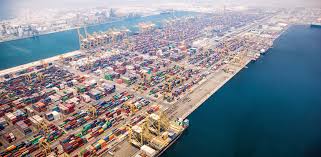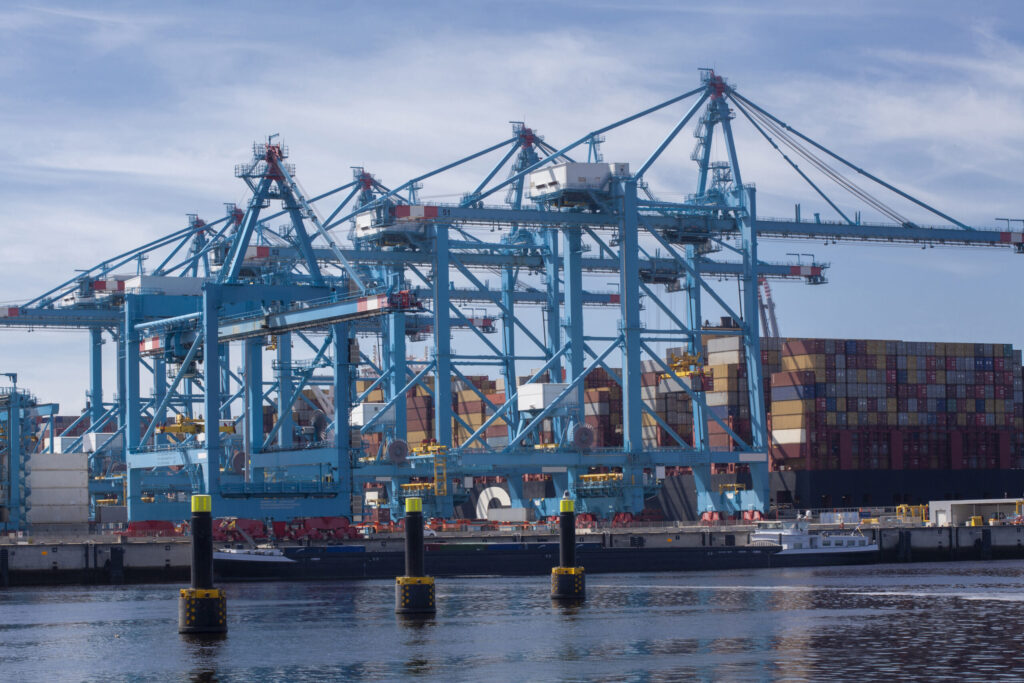The Panama Canal price to go through refers to the tolls and fees vessels must pay to transit the canal connecting the Atlantic and Pacific Oceans. As one of the most strategic maritime passages in the world, the canal handles over 13,000 vessels annually, making its toll structure crucial for global trade.
1. What is the Panama Canal Price to Go Through?
The toll is a calculated fee charged by the Panama Canal Authority (ACP) for the use of the canal. This price is determined based on factors such as vessel type, size, cargo value, and route segment usage.
2. Why is the Price Set?
The toll system ensures:
- Operational Funding: Covers maintenance, dredging, and modernization.
- Capacity Management: Balances traffic to prevent congestion.
- Economic Contribution: Supports Panama’s economy and global trade efficiency.

3. How is the Price Executed?
- Reservation: Ships book a transit slot in advance.
- Measurement: Vessel dimensions and tonnage are verified.
- Fee Assessment: Based on tonnage units (Panama Canal Universal Measurement System – PC/UMS).
- Payment: Collected before entry, often via bank transfer or shipping agent.
4. Relationship with Freight Transportation
The Panama Canal price to go through directly affects freight costs. Shipping companies factor tolls into freight rates, influencing international trade routes. High tolls may lead some carriers to choose alternative routes like the Suez Canal or Cape of Good Hope.
5. Different Freight Charge Methods
- By Vessel Type: Container ships, bulk carriers, tankers, cruise ships.
- By Cargo Type: Dry bulk, liquid bulk, general cargo, vehicles.
- By Capacity & Weight: Based on gross tonnage or TEU (Twenty-Foot Equivalent Unit).
- Special Services: Tugboats, line handlers, or extra security escort fees.

6. Current Charge Standards (Approximate)
| Vessel Type | Charge Basis | Price Range (USD) |
|---|---|---|
| Container Ship | $/TEU | $50 – $100 per TEU |
| Bulk Carrier | $/Net Ton | $3 – $5 per net ton |
| Tanker | $/Displacement Ton | $2.50 – $4.50 per ton |
| LNG Carrier | Fixed per Vessel + Capacity | $150,000 – $300,000 |
| Small Craft | Fixed Fee | $800 – $3,000 |
7. Price Trend Analysis
- Upward Adjustments: ACP has periodically increased tolls to cover infrastructure expansion (e.g., Panama Canal Expansion in 2016).
- Variable by Market Demand: During global trade surges, reservation auction prices can soar.
- Sustainability Impact: New pricing models may incentivize eco-friendly vessels.
8.Conclusion
The Panama Canal price to go through is more than a simple fee—it’s a structured toll system vital for maintaining one of the most important trade routes in the world. Understanding the pricing, its rationale, and trends helps shippers optimize routes, control costs, and remain competitive in global trade.
Provide your shipment details — including weight, dimensions, destination, and preferred transport mode — to get a customized freight quote.
FAQ:
Q1.How far in advance should ships reserve?
Usually 6–12 months ahead, especially during peak seasons.
Q2.Are there discounts for frequent users?
Yes, loyalty programs exist for certain carriers.
Q3.Do fuel prices affect toll rates?
Indirectly—fuel prices influence global shipping demand, which can affect reservation competition.
Q4.Can smaller vessels bypass tolls?
No, all vessels pay, but small craft rates are much lower.
Q5.Is the toll the same for both directions?
Yes, but total cost may vary due to additional service needs.
